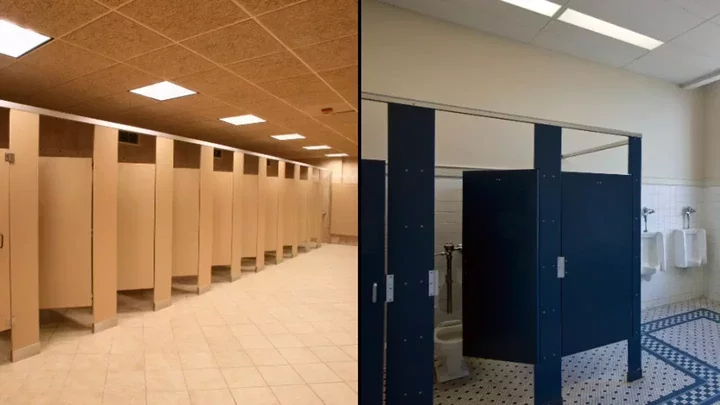
Poor individuals often face financial challenges that can be exacerbated by spending habits. Here are five common areas where people with limited resources may unknowingly waste money:
1. Impulse Purchases.
Poor financial planning often leads to impulsive buying decisions. Whether it's a snack at the checkout counter or an unnecessary gadget, these unplanned expenses can accumulate quickly, leaving little room for essential needs.
2. Lottery Tickets and Gambling.
Some individuals in challenging financial situations are drawn to the allure of quick wealth through lottery tickets or gambling. Unfortunately, these activities are usually based on luck and can drain precious resources without providing any tangible returns.
3. Unnecessary Subscriptions.
Monthly subscription services for streaming platforms, magazines, or other non-essential services may seem affordable individually. However, when combined, these expenses can strain a tight budget, diverting funds from more critical areas like housing or healthcare.
4. Convenience Foods.
Pre-packaged and convenience foods often come with a higher price tag compared to cooking meals from scratch. Poor individuals may find themselves relying on these quick options, spending more in the long run while sacrificing nutritional value.
5. Excessive Interest Payments.
High-interest loans, payday advances, or credit card debt can become significant financial burdens. Poor individuals may resort to these options in emergencies, but the long-term consequences of high-interest payments can trap them in a cycle of debt.


















Comments